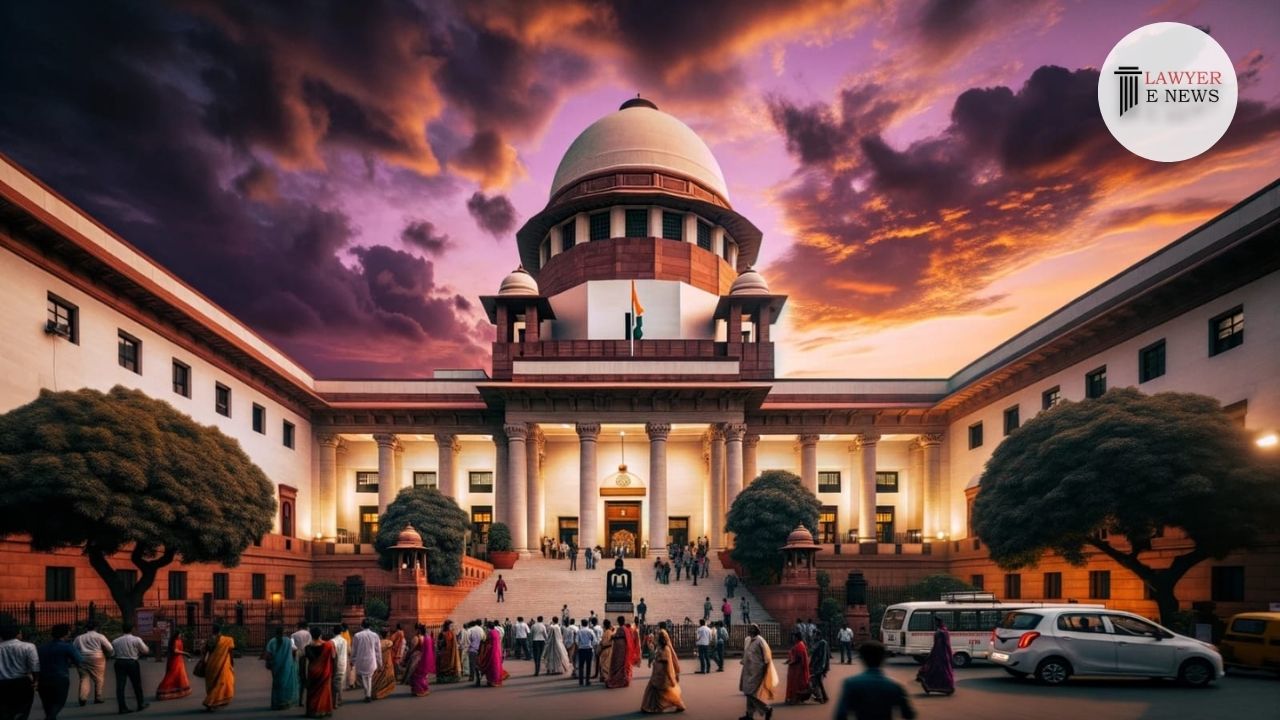-
by sayum
17 February 2026 8:32 AM



On 24 July 2023, In a significant ruling, the Supreme Court of India upheld the crucial right of voters to be informed about the background of election candidates. The judgement, delivered by the bench of Justices S. Ravindra Bhat and Aravind Kumar, examined the contentious issue of non-disclosure of criminal cases by candidates during elections.
The case revolved around an election petitioner's contention that the appellant, a candidate in an election, had failed to disclose pending criminal cases against him, thereby violating the provisions of the relevant Act. The petitioner argued that the candidate's non-disclosure of past convictions under the Minimum Wages Act and the Payment of Wages Act further compounded the alleged violations.
The court delved into the interpretation of Section 33A of the relevant Act, which dictates the requirement of disclosure in certain cases. The appellant defended his non-disclosure, stating that the Act mandated disclosure only for specific classes of offenses, which did not encompass the pending cases in question.
To address the matter, the court carefully examined the records of the pending criminal case related to offenses under the Indian Forest Act. The examination revealed that the appellant had not been charged for the alleged offenses, as claimed by the petitioner, thus providing a critical insight into the validity of the allegations.
The bench emphasized that the rejection of an election petition under Order VII Rule 11 CPC should not be partial, and any consideration of the petition's merits must occur during a full trial. The court underscored the importance of a comprehensive trial to assess the cumulative impact of the non-disclosure allegations and non-compliance with statutory regulations.
"In view of the right to vote being a constitutional right and an essential feature of democracy, voters have the right to know a candidate's full background," the court stated, affirming the sanctity of an informed electorate.
The judgement further highlighted the discretionary nature of Order XII Rule 6 CPC, emphasizing that judgments on admissions must be based on clear and unambiguous admissions. The court cautioned against denying a defendant's right to contest the claim without adequate evidence.
The bench ultimately dismissed the appeal, upholding the impugned judgment that the case required a full trial to ascertain the implications of the non-disclosure allegations.
As democracy stands on the foundation of an informed citizenry, this landmark judgement solidifies the voters' right to be fully informed about candidates' criminal records, allowing them to exercise their right to vote with greater awareness and accountability.
Date of Decision: July 24, 2023
BHIM RAO BASWANTH RAO PATIL vs K. MADAN MOHAN RAO & ORS
